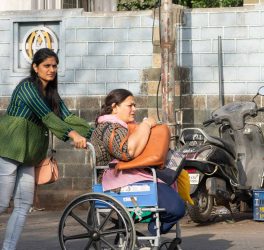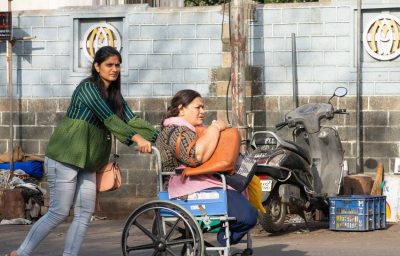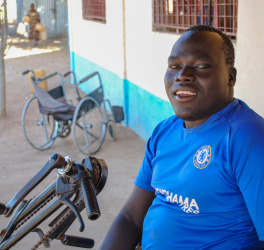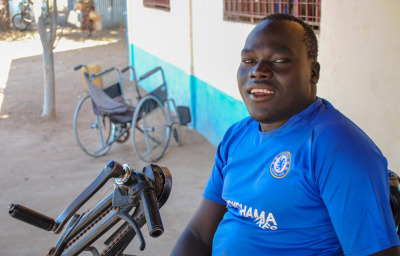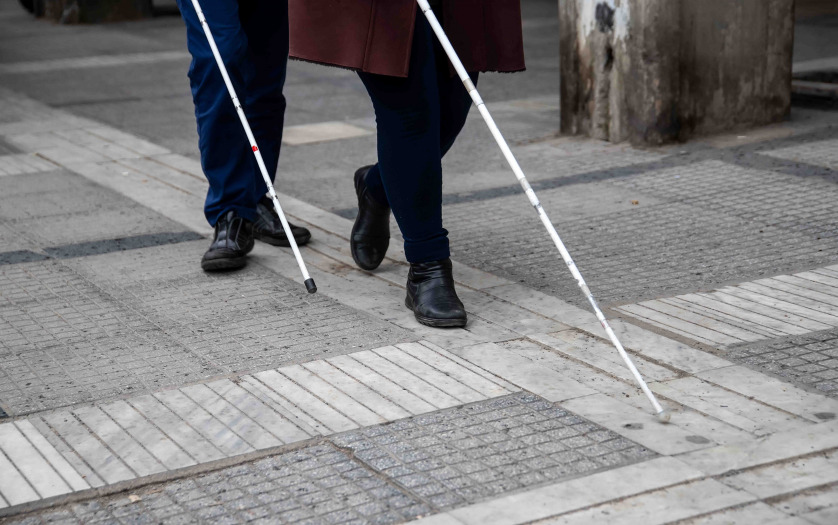
Zainab Kamwalla, 50, who has vision disability, has utilized the three-month lockdown period to help those who cannot read print due to a disability, with dyslexia and cerebral palsy ‘read’ the books the way they want to.
Along with her firm, she also helped ensure that students with reading barriers at government and private schools were not affected academically by the lockdown and could attend online classes along with the sighted students.
Motivating herself to be positive, Rina Patil, 36, an official with Bank of Baroda, takes part in several social initiatives. During the lockdown, she helped volunteers with a charitable foundation serve tea at petrol pumps and police chowkis.
“What was particularly satisfying was volunteering. We were able to reunite a 65-year-old man, who was suffering from amnesia and had been walking for seven days on the road, with his family. I can’t see, but I could sense the… relief of the family when they found their father,” says Rina.
When she was 13, Suvidha Waghmare, who has vision disability, told her father she wanted to study in Pune and earn enough money to support her family. She left Nanded to pursue her studies and is today a software tester at HSBC global software development in Pune.
Suvidha, who stays with flatmates in the city, not only carved out a new life for herself but at 23, has utilized the time during the lockdown to work from home, learn new skills online and pay college fees for her sister, who is doing her Masters in Botany.
There are at least 1. 5 crore people with vision disability in India, and out of 10, four are learning disabled. The lockdown is particularly hard for them as the sense of touch is important to feel their way around. Physical and social distancing due to the pandemic and subsequent lockdowns have become a challenge. People are afraid to even help people with vision disabilities crossroads due to the fear of virus transmission.



